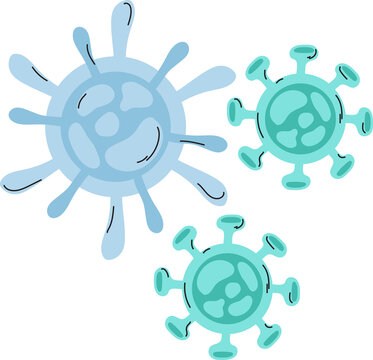Parvovirus is a serious but preventable illness in dogs. We have recently seen a rise in cases around the North Wales coast, therefore, it’s wise to take some extra precautions to protect your pet’s health. Here’s how you can stay proactive and keep your dog safe:
1. Ensure Vaccinations Are Up to Date
The most effective protection against parvo is proper vaccination. Puppies should follow the full vaccination schedule, and adult dogs should receive regular boosters. If you’re unsure of your dog’s status, call us to clarify.
2. Limit Exposure in High-Risk Areas
It’s best to avoid places where many dogs gather—like dog parks, pet stores, kennels, or training classes—especially if your dog is young, unvaccinated, or has a weakened immune system.
3. Practice Good Hygiene
Parvo can spread through contaminated surfaces and feces. Clean up after your dog promptly and avoid contact with feces from other dogs. If you’ve been around unfamiliar dogs, wash your hands and change clothes before interacting with your own.
4. Be Cautious With Puppies
Puppies are especially vulnerable before they’ve completed their vaccination series. Avoid putting them on the ground in public spaces and be selective about who handles them. If you have a litter of puppies at home, ensure that dogs and people living in the house do not come into contact with other dogs and limit their exposure to high risk areas. Don’t delay their first vaccinations beyond 8 weeks.
5. Monitor for Symptoms
Keep an eye out for signs like vomiting, diarrhea (often bloody), lethargy, or loss of appetite. If your dog shows any of these symptoms, contact your vet right away. Early treatment makes a big difference. If your dog is showing these symptoms, please be responsible and keep them away from other dogs and public areas.

